
. Cleanse with a Gentle Face Wash
Cleansing is the critical first step that sets the stage for your entire routine. Use a mild, hydrating cleanser without harsh foaming detergents that can disrupt your skin’s natural moisture barrier.
Apply a nickel-sized amount of your chosen cleanser onto damp skin and massage gently for 30 seconds with light, circular motions before rinsing thoroughly with lukewarm water. Be sure to remove all residue without over-scrubbing.
The right cleanser will lift away impurities without compromising the delicate balance of oils that keep skin supple and prevent dryness. Carefully cleansing skin prevents buildup of dead cells, debris and makeup residues that can otherwise dull skin’s radiance.
Those with dry skin should choose a nourishing, cream-based cleanser enriched with skin-conditioning ingredients like glycerin and hyaluronic acid. For oily and combination skin types, opt for an oil-balancing gel cleanser with exfoliating alpha hydroxy acids (AHAs).
The water temperature also matters – hot water can strip skin, while cold water won’t sufficiently dissolve cleanser. Thus, tepid water is ideal for effectively removing impurities without disturbing your skin’s natural moisture barrier.
Expert Tip

Clare Clarke
Look for cleansers with antioxidant oils that hydrate skin while gently cleansing, like Omorovicza’s Cleansing Foam containing plum almond oil and vitamin C.
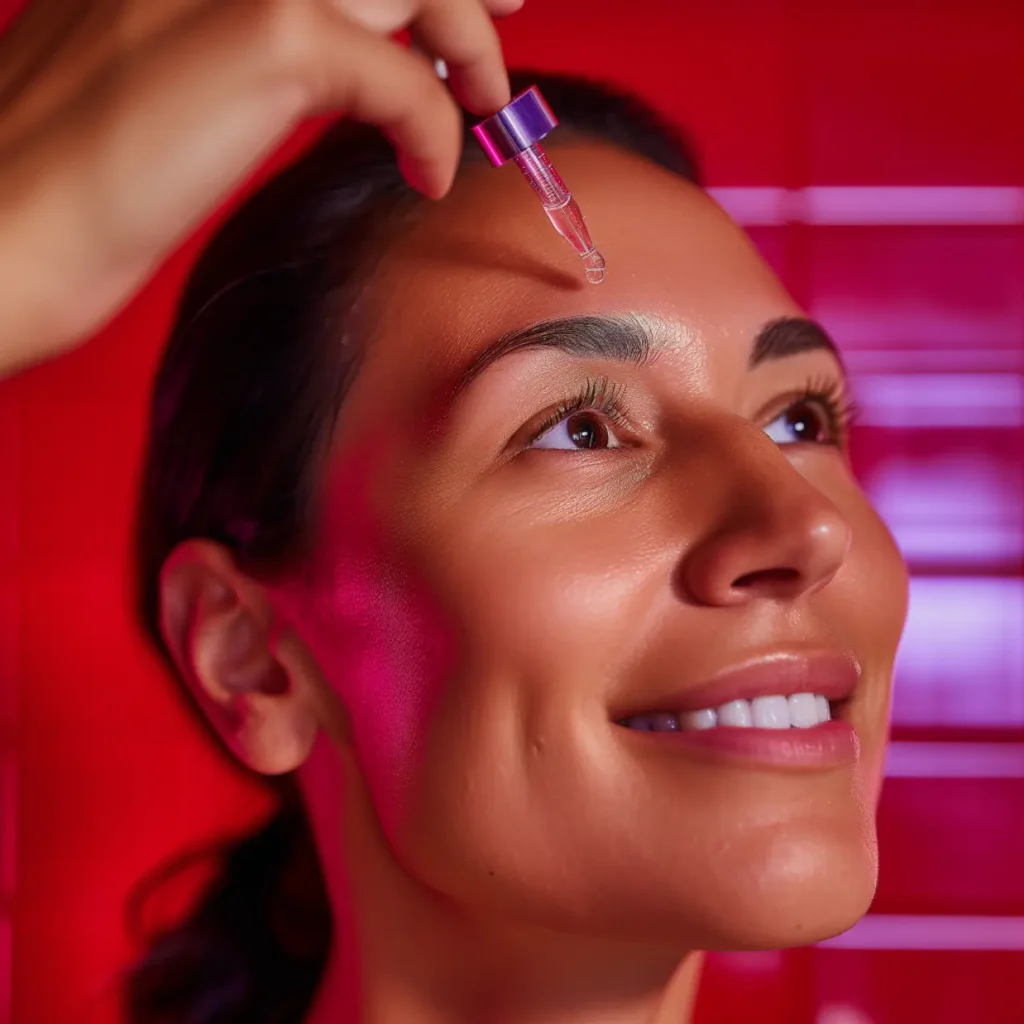
. Apply Your Vitamin C Serum
After patting skin dry with a soft, clean towel, it’s time to deliver a vital shot of antioxidant power with vitamin C serum. As we age, environmental assault from factors like sun exposure and pollution hinders our skin’s natural antioxidant defenses, allowing free radical damage to accumulate. This destroys collagen and elastin over time, causing fine lines, wrinkles and dullness.
Vitamin C neutralizes these free radicals to interrupt their attack on healthy skin cells. Its unmatched ability to boost collagen production also firms skin and smooths wrinkles by strengthening the skin’s structural support network. Vitamin C further brightens and evens out skin tone by inhibiting melanin synthesis.
Dispense 4-5 drops of a highly-concentrated L-ascorbic acid serum boasting at least 10% potency and gently apply across your face for complete coverage. Allow it to fully absorb for 2-3 minutes before moving on.
Because vitamin C oxidizes quickly when exposed to air and sunlight, check that your serum bottle is packaged in an opaque container and has a fresh, clear or pale yellow appearance rather than brown discoloration indicating oxidation. Combining stabilizing antioxidants like vitamin E and ferulic acid further extends its efficacy.
While vitamin C is well-tolerated by most, some people may experience a slight tingling upon application. This generally subsides as skin acclimates. However, persistent itching, redness or bumps may indicate irritation requiring discontinuation. If concerned, patch test before incorporating vitamin C or start with a lower 5% concentration and slowly increase to a 10% formula as your skin adjusts without sensitivity.
Expert Tip

Clare Clarke
Set a timer after applying your vitamin C serum to ensure it absorbs fully for 2-3 minutes before moving on. SkinCeuticals CE Ferulic is a dermatologist-trusted stabilized formula.
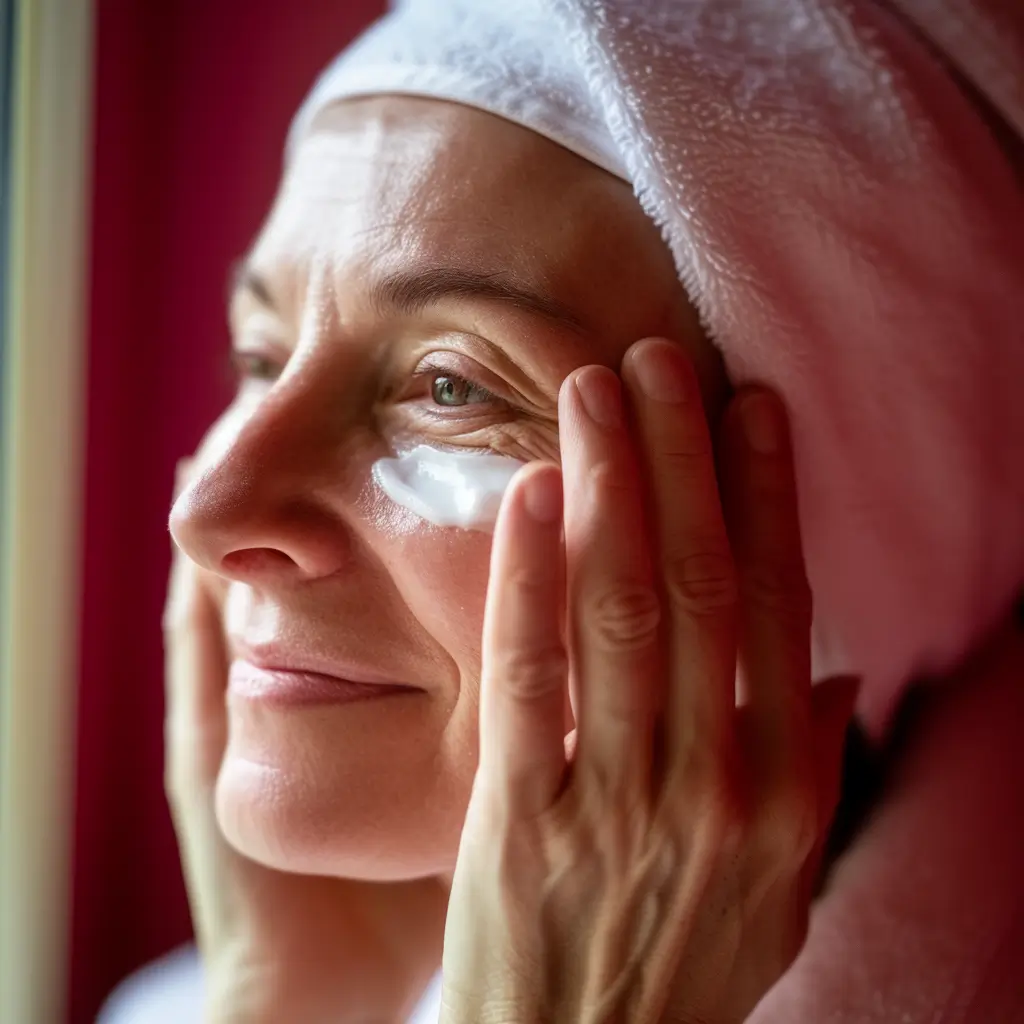
. Treat Eyes with an Anti-Aging Eye Cream
The fragile skin around the eyes is one of the first areas to show signs aging, with fine lines, wrinkles and dark circles manifesting rapidly. Unfortunately, it’s also more vulnerable to irritation. Formulated specifically for the eye region, anti-aging eye creams can safely meet these unique needs.
Gently dot a rice grain-sized amount around the entire eye area, including the eyelids. Use your ring finger to lightly tap product in using delicate, pressing motions rather than rubbing to avoid any pulling on the delicate eye skin.
Look for targeted ingredients in your eye cream tailored to your concerns, whether fine lines, puffiness or dark undereye circles. Firming peptides build collagen to smooth wrinkles, while caffeine, vitamin C and niacinamide brighten dark circles. Cooling cucumber extract and anti-inflammatory green tea can reduce undereye puffiness and bags.
Always ensure any products used around the eyes are rigorously ophthalmologist-tested for safety and gentle enough for this sensitive zone. Avoid getting eye cream in your actual eyes, which could cause irritation.
Expert Tip

Clare Clarke
The gentle touch of your ring finger is ideal for lightly applying products around the fragile eye area without excess pulling or pressure.

. Hydrate Skin with a Nourishing Anti-Aging Moisturizer
Warming a dime-sized amount between your fingers helps enhance product penetration before application. Massage your anti-aging moisturizer evenly over your face and neck using gentle upward and outward sweeping motions. Allow 2-3 minutes for complete absorption.
Moisturizers reinforce your skin’s moisture barrier against external aging factors like weather, irritants and pollutants. Barrier strength declines with age, so ensuring hydration supports resilience.
Look for anti-aging moisturizers with maturing skin-replenishing ingredients like ceramides and hyaluronic acid. Ceramides mimic naturally occurring lipids in skin’s barrier to reinforce structural integrity. Hyaluronic acid powerfully binds moisture to plump fine lines while delivering intense, lasting hydration.
Additional anti-aging boosters like peptides signal your body to ramp up collagen and elastin production for firmer skin with improved elasticity. Antioxidants like vitamin C and E scavenge damaging free radicals from UV and pollution exposure to prevent and visibly correct signs of aging.
Tailor your moisturizer to your skin’s evolving needs as seasons change. In dry winter months, use a richer anti-aging cream. In hot, humid summer weather, switch to an oil-free, mattifying lotion to avoid congestion and breakouts.
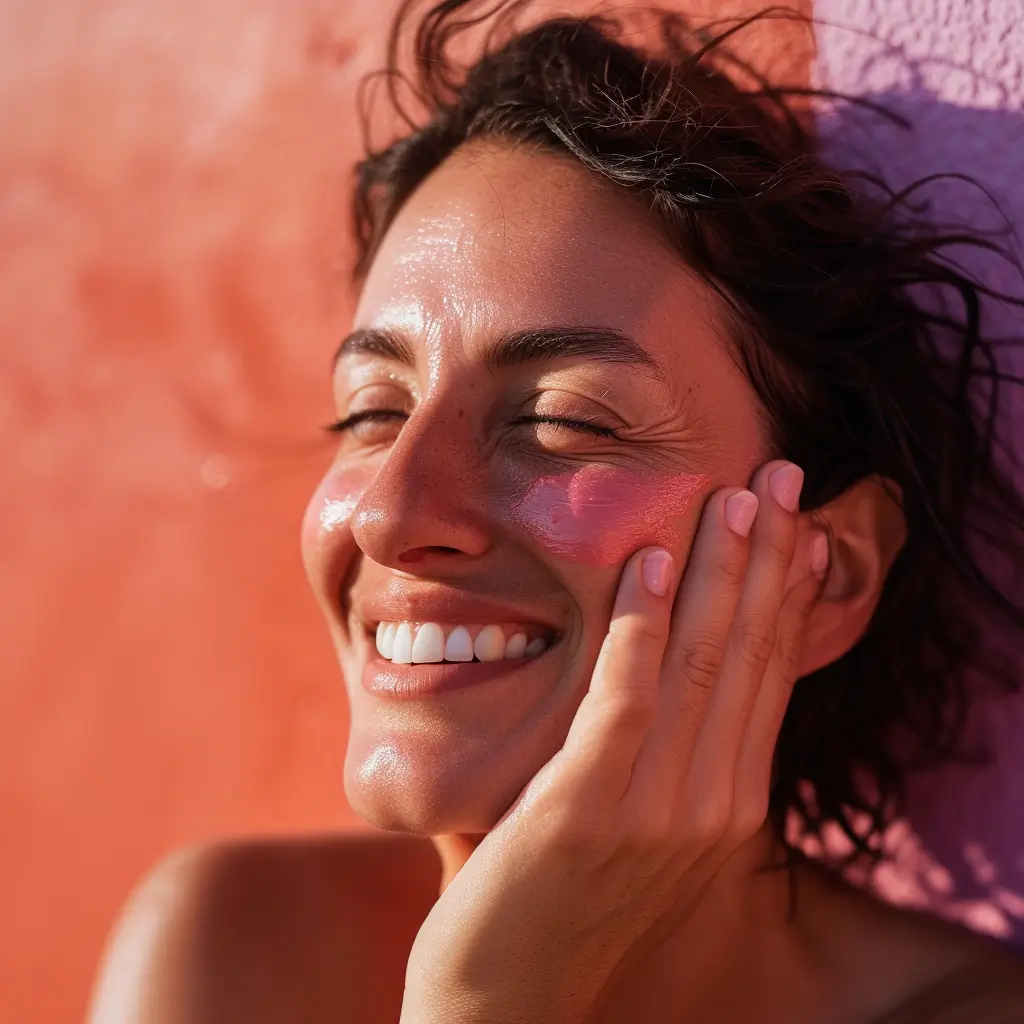
. Protect with Broad Spectrum SPF 30 Sunscreen
UV protection is the ultimate anti-aging essential, guarding your skin investment against further light-induced damage. Apply enough broad spectrum SPF 30 sunscreen to liberally coat all exposed areas including your face, ears and neck.
Reapply every 2 hours if spending significant time outdoors. Look for added SPF protection in your makeup products as well for refreshed protection without disturbing your base. An SPF setting spray is ideal for maintaining uninterrupted UV defense.
UV damage is responsible for up to 80% of visible facial aging. Daily SPF guards against premalignant sun spots, collagen breakdown and skin cell mutations that manifest as lines, wrinkles, sagging and hyperpigmentation or patchy pigment.
Both UVA and UVB rays penetrate at different skin depths to promote aging. Broad spectrum indicates protection from both. UVA rays in particular contribute to long-term effects like wrinkles.
Make sun protection your number one anti-aging priority regardless of the weather or your plans for the day – incidental daily exposure from car windows or office windows adds up over time. Rainy or cloudy days are no exception.








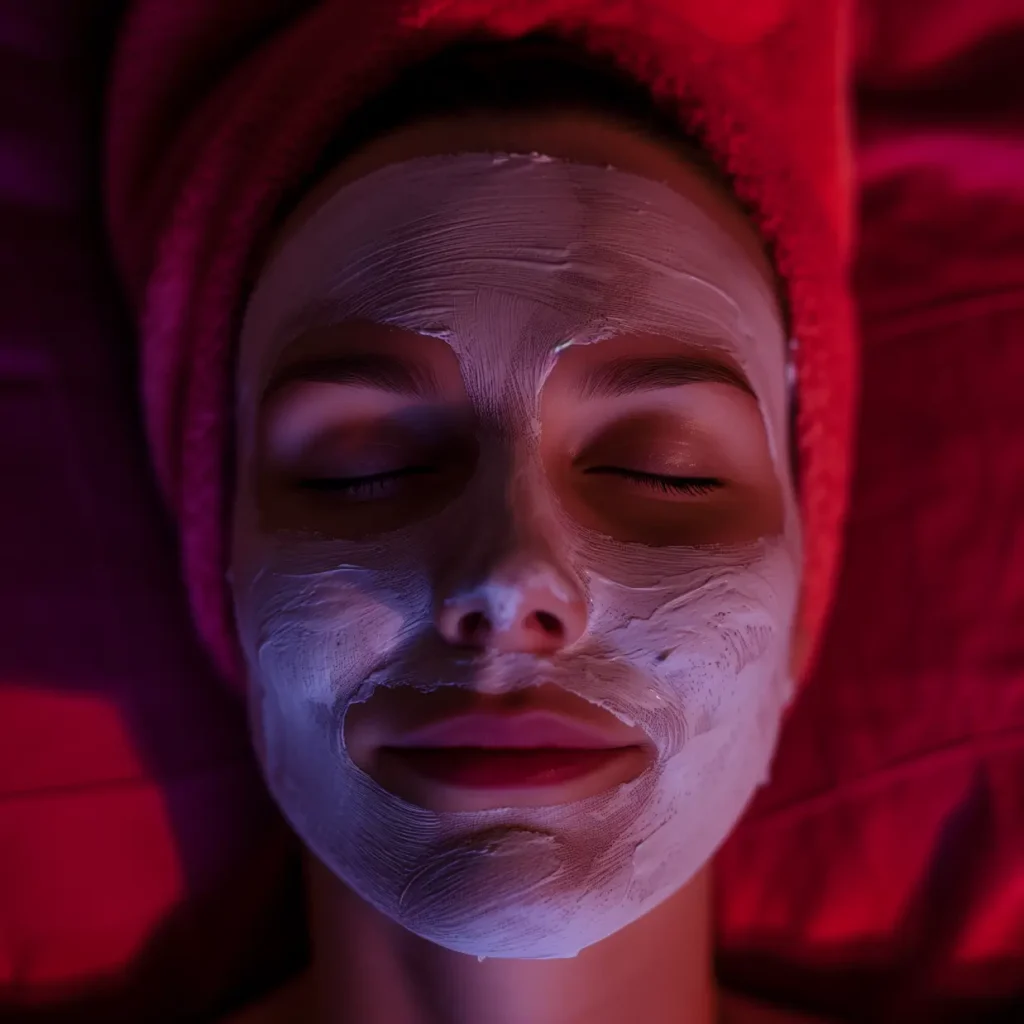
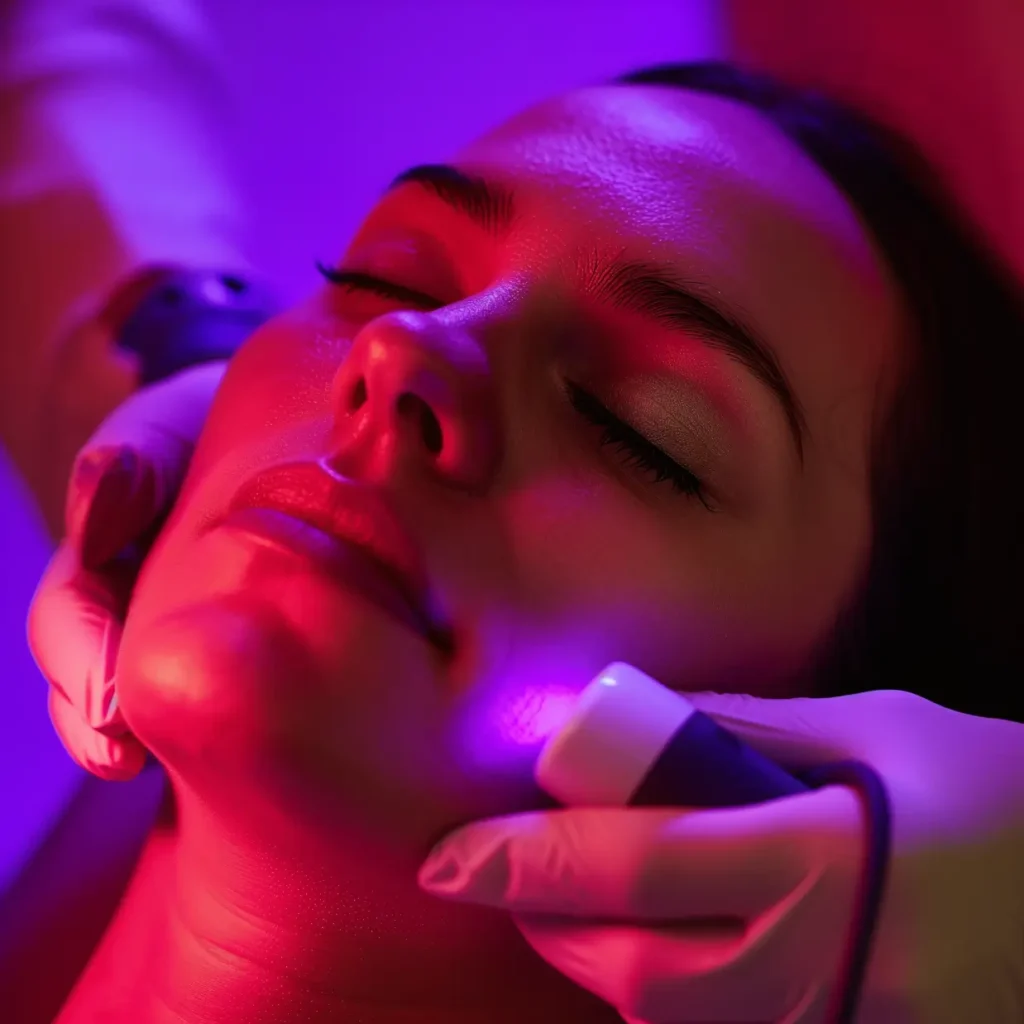
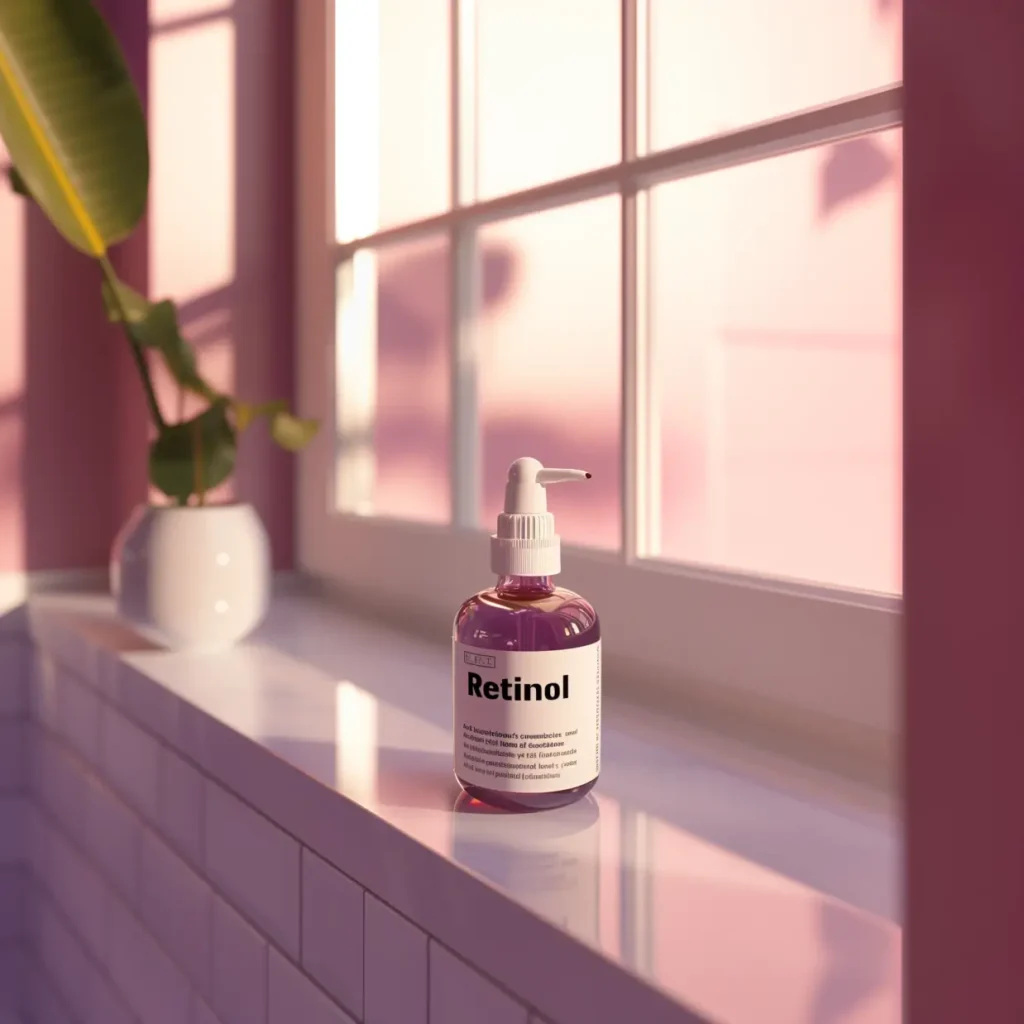



14 Responses
Why is SPF so important in fighting aging?
Exposure to UV rays accounts for roughly 80% of visible facial aging, according to the Skin Cancer Foundation. Applying broad-spectrum SPF 30 sunscreen daily prevents future sun damage to skin cells and collagen breakdown over time.
How often can I use vitamin C serum?
Dermatologists recommend applying antioxidant vitamin C serum once daily in your morning routine for best results. Overusing vitamin C can potentially cause redness or irritation in some individuals, as per research published in the Journal of Clinical and Aesthetic Dermatology.
Does order of application really matter?
Absolutely! A study in the American Journal of Clinical Dermatology confirms that applying skincare products from thinnest to thickest consistency allows for proper absorption. Additionally, applying vitamin C before heavier creams gives it direct access to the skin without barrier interference for maximum anti-aging effects.
Can I use retinol in my morning routine?
We recommend using over-the-counter retinol products at night. Dermatological research shows that applying retinol in sunlight can make skin more photosensitive. Use in the evening along with diligent SPF in the AM for optimal results.
What are some beginner-friendly anti-aging products?
Start with a gentle cleanser, a basic hydrating moisturizer, and a daily sunscreen. Once your skin is accustomed to these, introduce a vitamin C serum, followed by products with peptides for collagen production, as suggested by the American Academy of Dermatology.
Is anti-aging skincare safe during pregnancy?
Check with your doctor before starting new skincare ingredients like retinoids and acids. Well-researched options like vitamin C, SPF 30, ceramides, and peptides are generally considered safe during pregnancy, as noted by the American College of Obstetricians and Gynecologists.
What are common myths or misconceptions about anti-aging skincare?
One common myth is that you only need to use anti-aging products at night. However, daytime products like sunscreen and antioxidants are crucial for preventing damage that leads to aging, as highlighted by skincare experts.